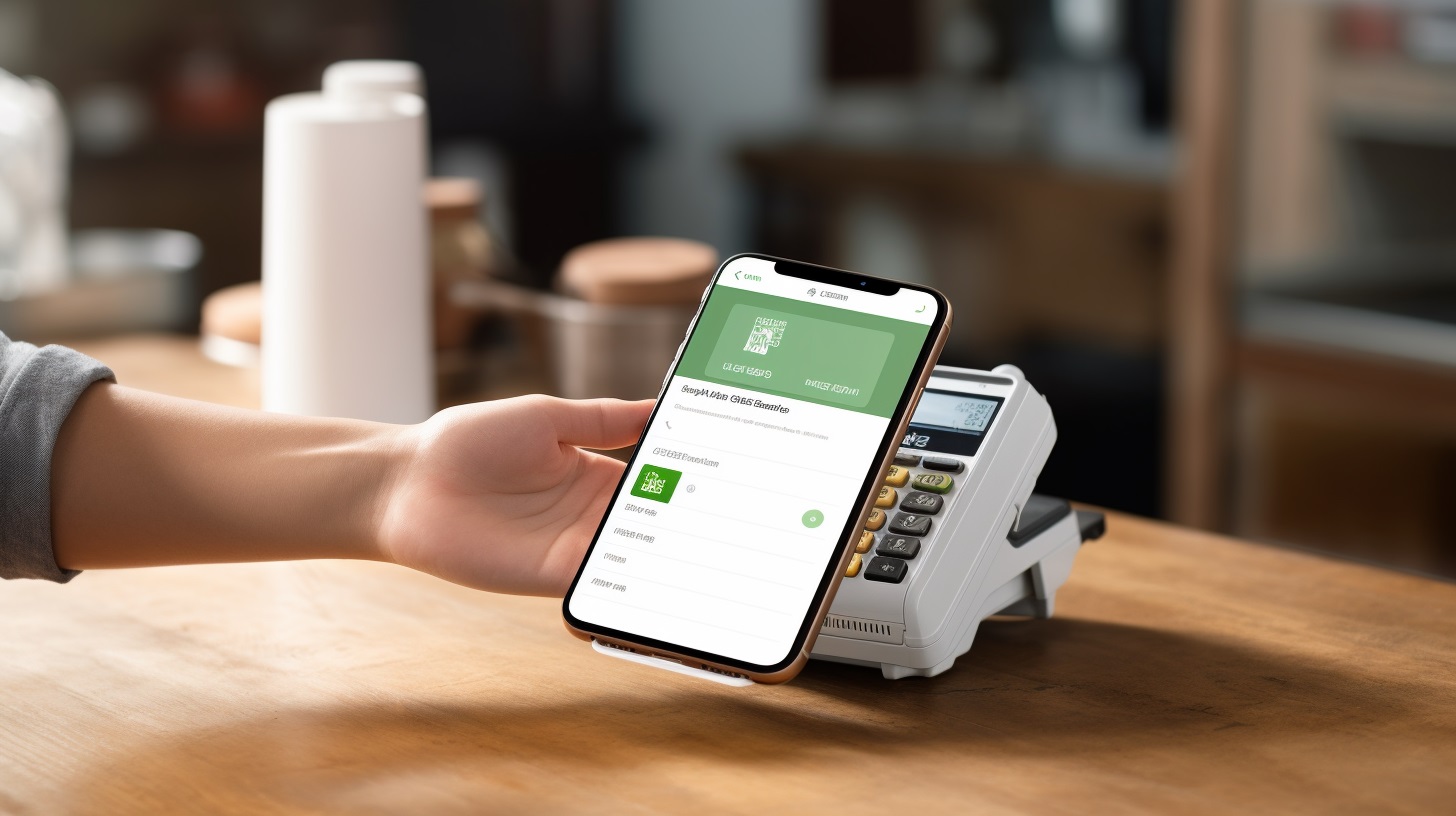In a groundbreaking announcement, foreign visitors to China can now experience the convenience of a cashless society by utilizing the country’s dominant mobile payment solutions: WeChat Pay and Alipay [1]. This development is set to revolutionize the way international travelers navigate China’s retail landscape and enhance their overall experience during their stay.
Seamless Cashless Payment for Foreign Visitors
China has been at the forefront of the cashless revolution, with its digital payment systems, WeChat Pay and Alipay, becoming ubiquitous in the daily lives of its residents. However, for foreign visitors, using these payment methods had been a significant challenge due to the requirement of a local bank account. But the recent announcement changes the game entirely.
A Win for Convenience and Accessibility
The two mobile payment giants, WeChat Pay and Alipay, have opened their doors to foreign users by allowing them to link their foreign credit cards, including Visa, Mastercard, and Discover, to their digital wallets. This move is expected to make life much easier for short-term visitors who no longer need to worry about carrying cash or struggling with language barriers during transactions.
An End to Awkward Interactions
Before this development, foreign visitors had to rely on their local friends or acquaintances to make payments on their behalf, often leading to awkward exchanges of cash and causing inconvenience for both parties. Now, with access to WeChat Pay and Alipay, foreign travelers can navigate China’s retail landscape with ease, just like locals do.
Wide Range of Applications
The seamless integration of international credit cards into WeChat Pay and Alipay means that foreign visitors can now enjoy a vast array of services previously accessible only to locals. From hailing a Didi car and riding the subway to renting a shared bike, purchasing groceries from local grocers, ordering food delivery, and indulging in online shopping for various Chinese e-commerce goods – the possibilities are limitless.
Set-Up Process and Limitations
To activate their WeChat wallets, foreign users will need to verify their identity by uploading their passports, while foreign phone numbers can be used for receiving verification codes. However, certain features, such as digitized Chinese hongbao customs (red envelopes filled with money) and money transfers, remain unavailable due to regulatory restrictions on capital flows across borders.
Transaction Limits and Fees
For foreign visitors using WeChat Pay, there are transaction limits in place: 6,000 yuan (around $835) per transaction, 50,000 yuan per month, and 60,000 yuan per year. Payments below 200 yuan (around $28) are fee-free, while amounts exceeding this threshold incur a 3% fee. Exchange rates are based on the card organization and issuing bank rates.
China’s Cashless Revolution
The move towards a cashless society in China has been a transformative journey, with over 80% of daily consumption transactions taking place on mobile platforms. WeChat Pay and Alipay’s dominant market share in digital payment services, accounting for a combined 91%, reflects the trust and reliance people place in these seamless payment solutions.
Conclusion
With the integration of international credit cards into WeChat Pay and Alipay, China has taken a significant step towards becoming even more accessible and convenient for foreign visitors. This landmark development not only facilitates easier and smoother transactions but also showcases the country’s commitment to embracing modern financial technologies. Whether traveling for business or pleasure, international tourists can now experience China’s cashless revolution firsthand, enhancing their journey through this vast and culturally rich country.



















